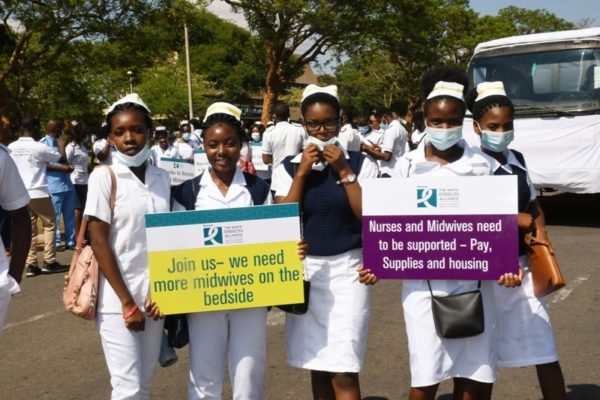The Liberian Bank for Development and Investment (LBDI) is repositioning its operation — targeting climate finance and economic inclusion for the vast majority of the country’s unbanked citizens — as part of the bank’s financial recovery strategy.
The move marks a major shift for the bank which, as the country’s largest development finance institution, has been struggling with the issue of bad debt, as well as the issues of sustainability and expansion as a means of creating access to finance for the large unbanked populations.
The repositioning would allow the bank, which was established by an act of the legislature in 1961, to focus on increasing profits by strategically investing in areas with the potential for substantial economic returns — employing a data-driven approach to asset management and capital infrastructure financing.
However, for such a shift to be successful, LBDI needs principled leadership and the capacity to stabilize operations, inspire trust, and attract long-term inward investments that benefit the Liberian economy and people.
“We want ordinary Liberians to have more shares in the bank and investors as well.
When LBDI has more capital, it will be able to give more loans to people who are building roads, and handling electricity projects,” the bank’s Board Chair, Samuel Tweah, said. “[The process] will empower other private businesses so that the share of lending to the private sector can go up. The way you grow an economy is through the creation of loans.”
Tweah, who is also Liberia’s Minister of Finance and Development Planning, noted the process is intended to realign LBDI with the mandates of its founding charter as well as synchronise activities and investments, which are central to aspects of the country’s development plan — the Pro-Poor Agenda for Prosperity and Development (PAPD).
“We have to move back to the centre of national development and strengthen it as a development finance institution. [This] is why the Ministry of Finance and Development Planning is empowering the LBDI to be the major engine that powers the private sector of Liberia through strategic investment in key industrial sectors.
“We have tasked the bank with scaling critical infrastructure development. Every single thing we do in this county must be centred around addressing poverty and improving the lives of all our people.”
The LBDI — the government-owned commercial bank — was created to finance the government’s development program in a way that is designed to support the growth and stabilization of the Liberian economy by giving greater lines of credit to small and medium-sized businesses, which act as economic engine of growth.
Currently, the government is a majority shareholder of the Bank but, in times past, that share became a liability as the government was not settling its financial obligation to the Bank on time, according to Tweah.
Established in 1961, the Bank, which is run privately outside of government control, commenced operations in 1965 as the Liberian Bank for Industrial Development and Investment. Under an amendment in 1974, the name was changed to the LBDI. Its other shareholders include major international financial institutions.
“While all government loans with LBDI are positive, We are in a positive position to help the bank. The government was a major liability, not paying on time. We have reclassified all of our loans — paid LBDI their money — and the government is in good standing with the bank.”
“The government wants the LBDI, which is the country’s development bank, to play a major role that the AfDB is playing in Africa, particularly in key sectors. The government’s quest to establish the bank was to help the government with infrastructure, solve agriculture problems, and even climate change, among others.”
According to Tweah, the government has designated the LBDI as a leading partner for its sustainable development plan — a decision that the minister said is historic, timely, and necessary.
“This move,” he said, “came after the government noticed that the Bank had not been delivering on its mandate in the way it was supposed. As such, the necessary changes have to be made to drive the bank in a direction that puts it at the center of the national transformation,” and so that is the goal to help accelerate development.
“My ministry is empowering the bank to be the major engine that will power the private sector in Liberia through strategic investments in key industrial sectors. We have tasked the bank with scaling up critical infrastructure development. Whether it is climate finance, infrastructure, roads, or microloans, the credit standard is better now than it used to be.
“The government is repositioning LBDI to be a major financial institution and to have more money in the bank to support infrastructural development.
Part of this process called for an expansion in digitalization. As a result, we are attempting to place LBDI at the heart of the government’s transformation drive. We are confident that the Bank, under its new president, will contribute measurably to moving Liberia closer to achieving the 17th Sustainable Development Goal,” Minister Tweah said.
The new LBDI president, Deo Delaney, succeeded John B.S. Davies, whose tenure expired in April this year. Prior to LBDI, Delaney worked as a strategy, management, and technology consultant at Accenture in Amsterdam.
(Liberian Observer)


